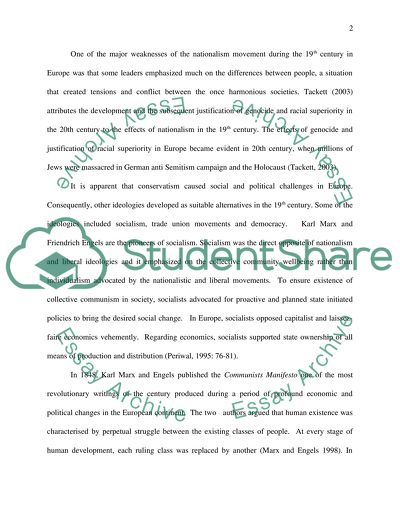Cite this document
(“How Important Was Nationalism as a Cause of Revolution in 1848 Essay”, n.d.)
Retrieved from https://studentshare.org/history/1446852-how-important-was-nationalism-as-a-cause-of
Retrieved from https://studentshare.org/history/1446852-how-important-was-nationalism-as-a-cause-of
(How Important Was Nationalism As a Cause of Revolution in 1848 Essay)
https://studentshare.org/history/1446852-how-important-was-nationalism-as-a-cause-of.
https://studentshare.org/history/1446852-how-important-was-nationalism-as-a-cause-of.
“How Important Was Nationalism As a Cause of Revolution in 1848 Essay”, n.d. https://studentshare.org/history/1446852-how-important-was-nationalism-as-a-cause-of.


